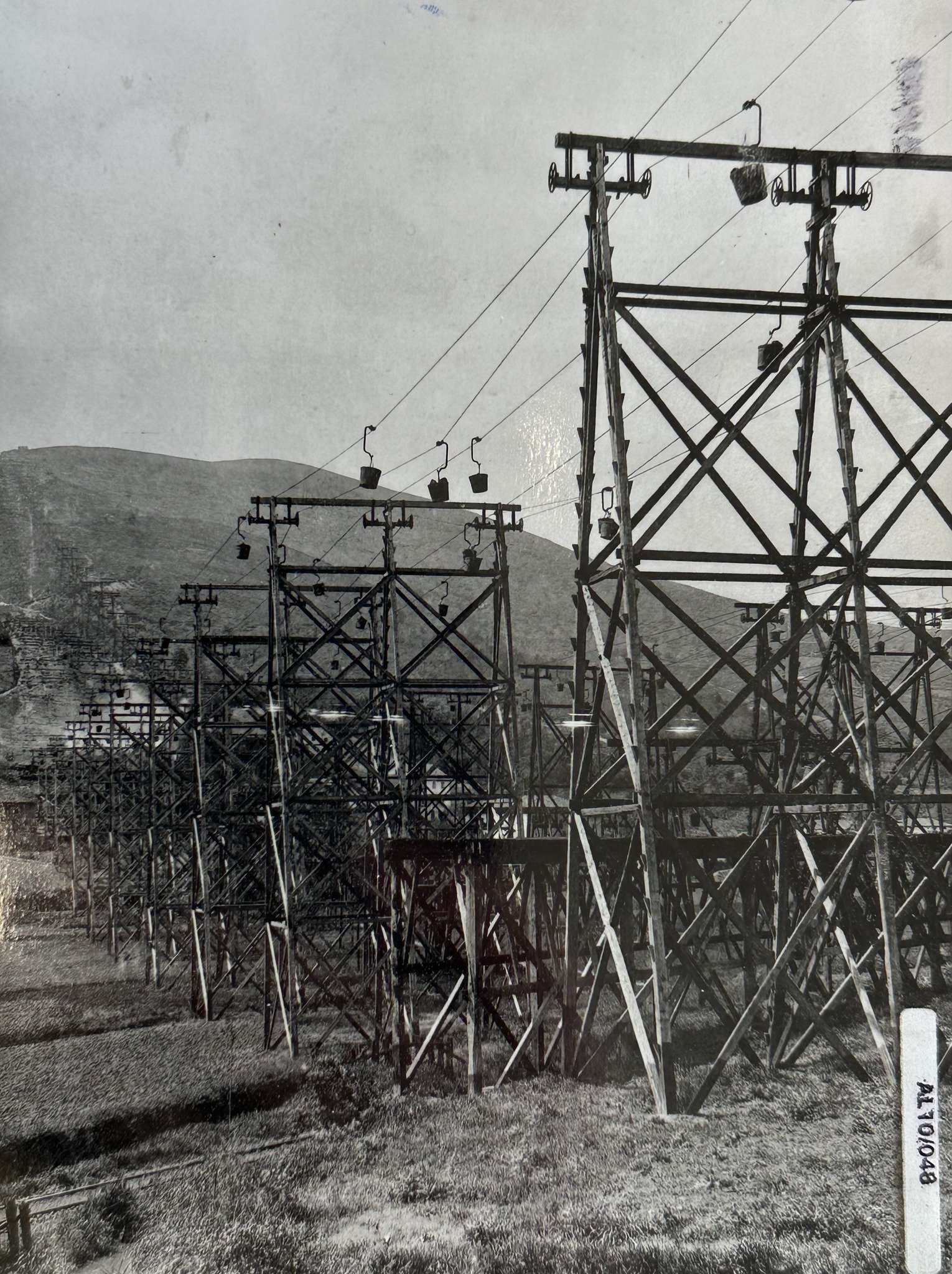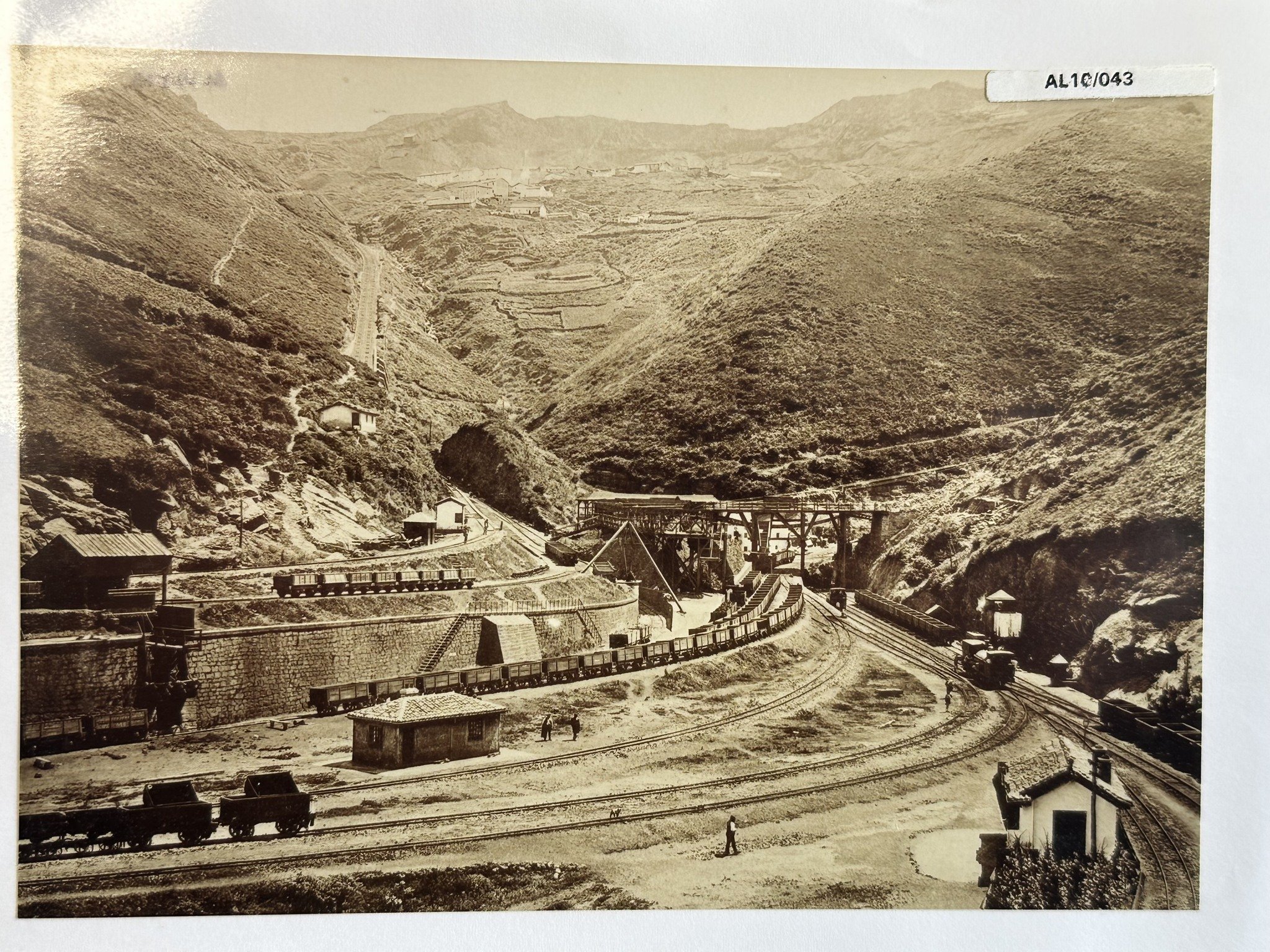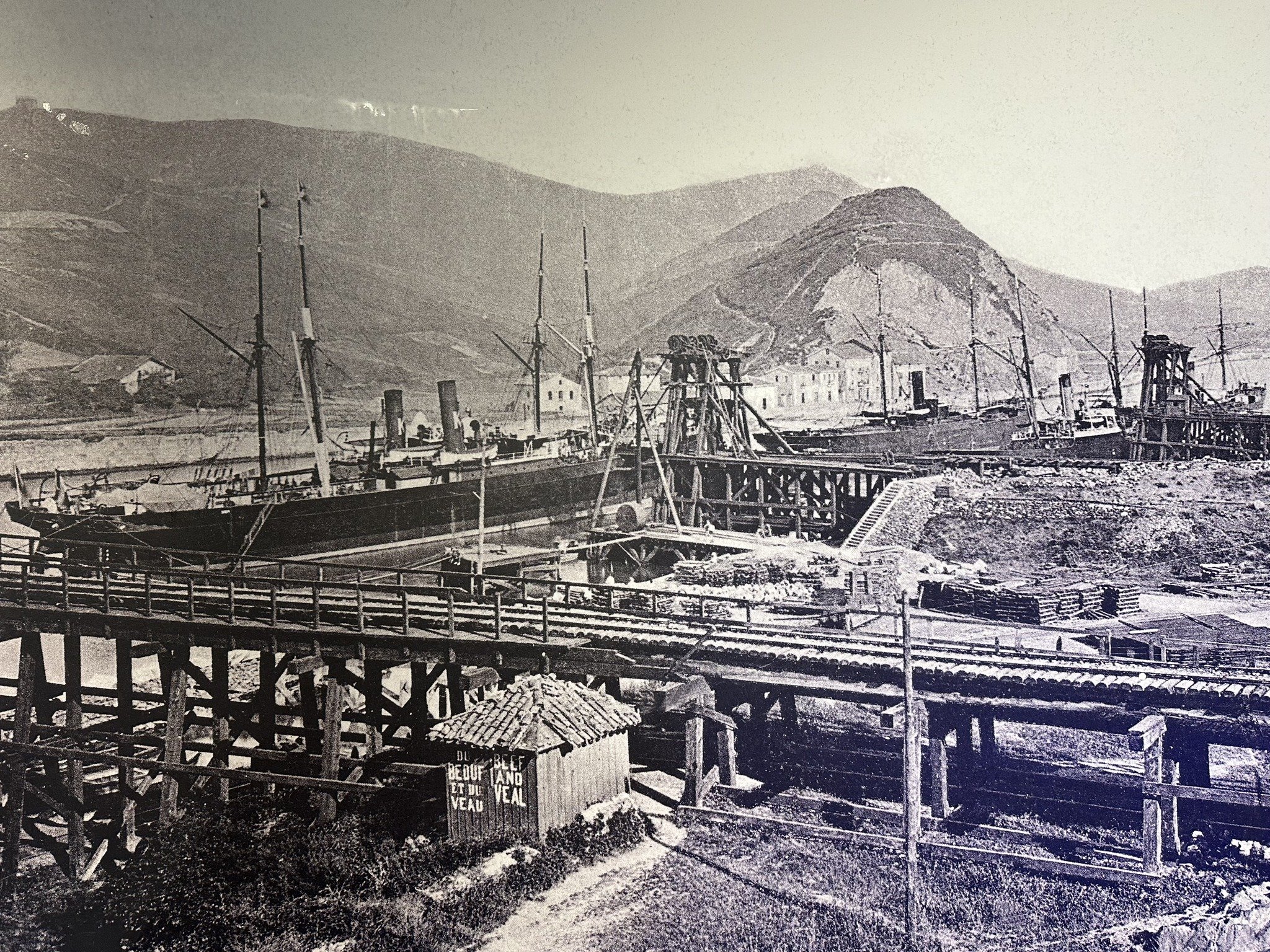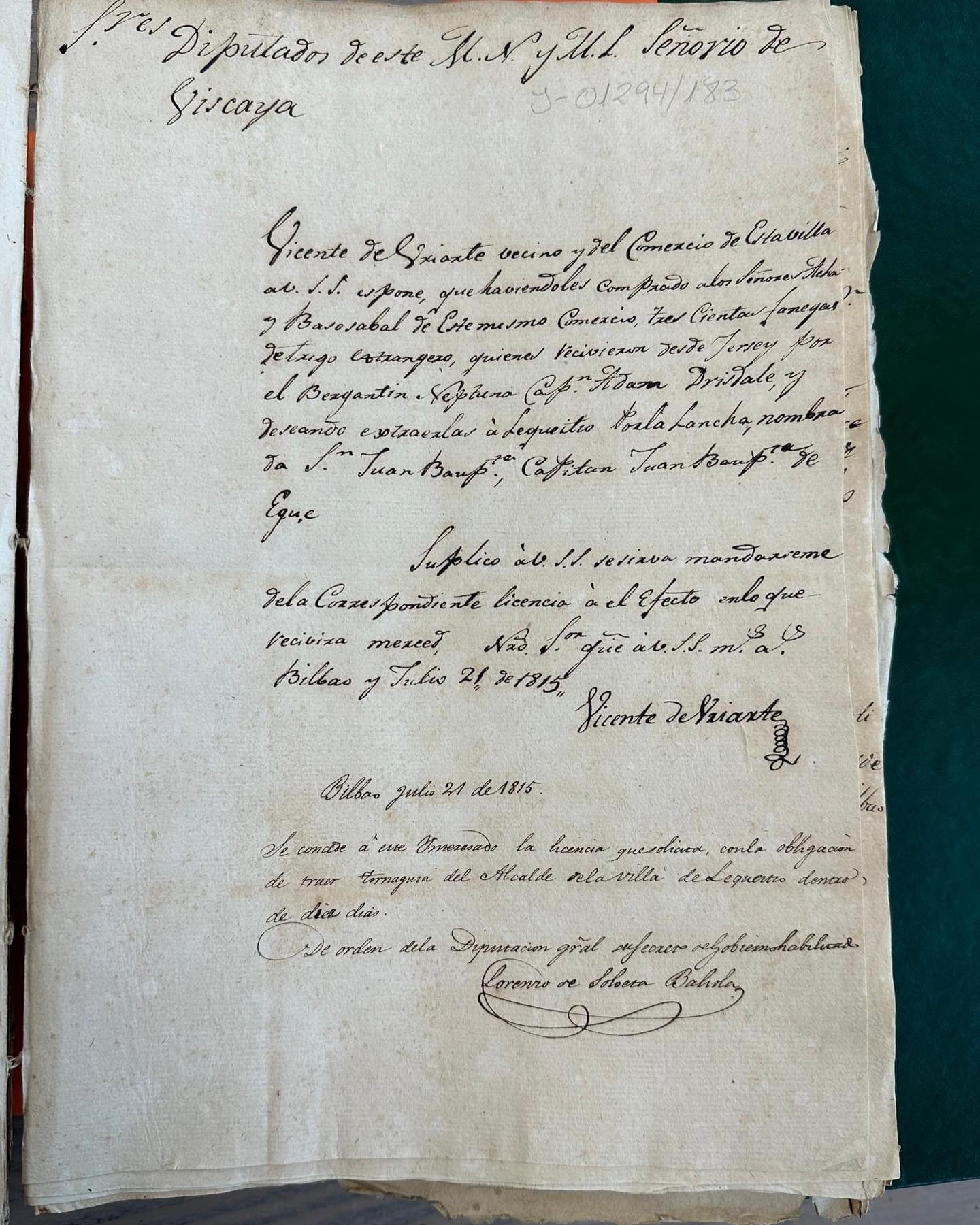When Charles Robin first sailed across the Atlantic in 1763 to seek new business opportunities in BNA (British North America) he observed Basque fishermen and women dry curing cod-fish on the shores in Newfoundland. These observations was valuable when he established his company with his brother John, first in Cape Breton and later in the Gaspé peninsula. Recent digitisation of some 230,000 documents from Charles Robin Company at Musée de la Gaspésie reveal frequent cod-trade with markets in the Bay of Biscay with Robin ships sailing annually from 1767 to 1804 and again 1814-1842 to seaports of mainly Bilbao, San Sebastian, Santander, Coruna and Vigo (occassionally also smaller ports of Santona and Ribadeo - depending on market conditions.) In the archives in Bilbao several judicial documents exists of Jersey ships with damaged cargo of cod-fish being shipwrecked on the precarious sandbank at Portugeleta before entering the estuary of Nervíon River leading into Bilbao. Iron ore was a commodity that Britain needed in large quantities to fuel the industrial revolution and in Bilbao over 200 iron mines was extracting the precious metal bringing it from open and underground pits directly via cable towers system to ships on the Nervíon River. In the last 16 days I've visited each trading post as part of my maritime project, Entrepôt and experienced the unique culture and people of North West Spain that Robin diligently learned a trade from that he was to perfect and commercialise into a prosperous business establishing merchant networks in Caribbean, South America and Mediterranean. #entrepot



